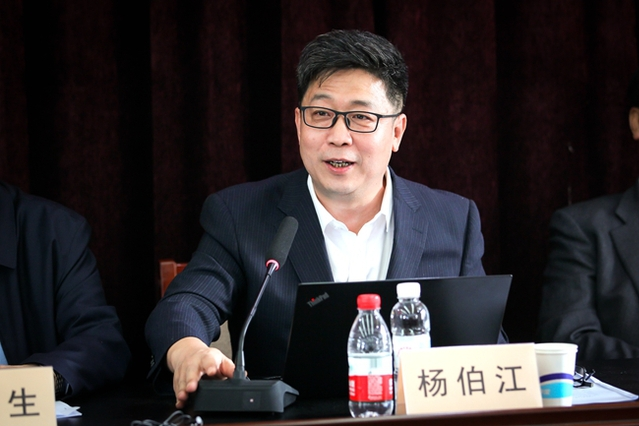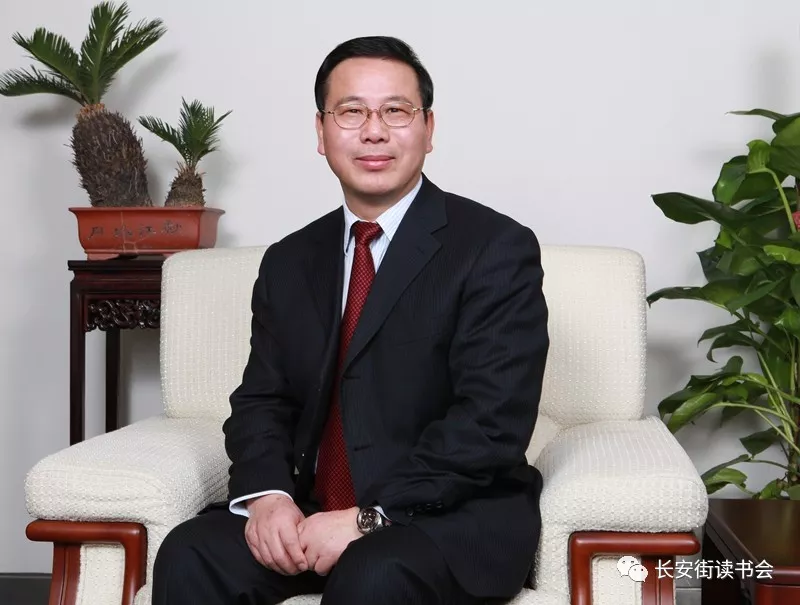
"Even if the US is able to avoid total decline, as long as the emerging powers represented by China continue to develop faster than America, the relative decline of its hegemony is inevitable" - Xu Jing, Dean of the China Foreign Affairs University (CFAU).
1/n
1/n

China Foreign Affairs University (CFAU) is where many PRC diplomats are trained under the auspices of the Ministry of Foreign Affairs and the Ministry of Education. In this short article, Xu explains how the world could transcend "the three traps," namely
the Thucydides Trap, the Cold-War Trap, and the Kindleberger Trap (failure of the emerging power to provide global public goods, resulting in the collapse of the global system), to form "a new type of international relations" for the 21st century.
China has the solution: A Community With a Shared Destiny for Mankind, which "is based on China's successful experience in peaceful development and actively advocates the establishment of a new type of international relations with win-win cooperation at its core".
Excerpt:
Excerpt:
"All good pursuits of human society do not become reality on their own, but require hard struggle and the accumulation of sufficient momentum before they can be realized.
"A similar momentum-building process is required for the development of a new type of international relations based on the concept of a Community of Shared Destiny for Humanity.
"Looking at the global development trend, the momentum for developing a new type of international relations is accelerating and growing, as evidenced by the following characteristics:
"To begin with, the multipolarization of the global landscape encourages the development of a new type of international relations. The rise of emerging countries has shattered the 300-year Western predominent position in the world, particularly the American global hegemony.
"Even if the US is able to avoid total decline, as long as the emerging powers represented by China continue to develop faster than the US, the relative decline of its hegemony is inevitable.
"Second, as the global landscape shifts toward a rising east and declining west, the "shining beacon" of the Western development model is being extinguished around the world.
"In terms of theoretical analysis and policy practice, Western countries are full of confusion and disorder; this contrasts sharply with China's calm confidence, rationality, and efficiency.
"As the Western world's leader, American capitalism is afflicted by the "American disease," which is caused by the three chronic problems of wealth distribution, social antagonism, and political polarization.
"This situation has forced Western academics to admit that the post-World War II liberal order, which was led by the West, cannot support global stability in the twenty-first century, and that the US cannot prevent the emergence of a multipolar and ideologically diverse world.
"Third, the irreversibility of the general trend of economic globalization encourages the development of a new type of international relations. Although the US and certain Western countries are attempting to halt China's development momentum through industrial decoupling,
"the general trend of globalization is irreversible, and the protectionist policy of beggar-thy-neighbor will eventually be detrimental to its contributors and unsustainable.
"Only by following the historical trend and insisting on win-win cooperation will we be able to work together to promote the cause of human development and make continuous progress.
"As a result of these factors, hegemony, power politics, and cold war thinking are becoming increasingly unpopular and will be rejected by history, while a new type of international relations based on the pursuit of shared values for all humanity will take over the future."
/End
/End
• • •
Missing some Tweet in this thread? You can try to
force a refresh












